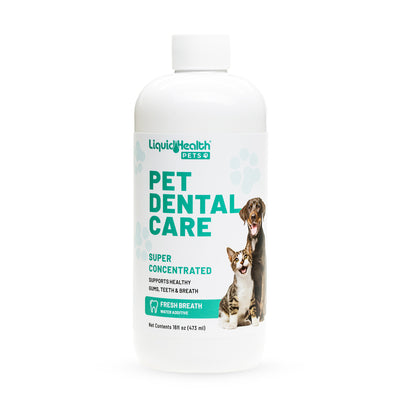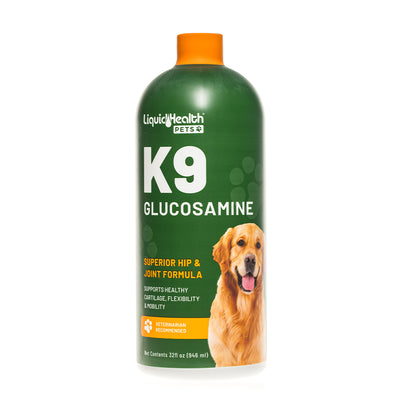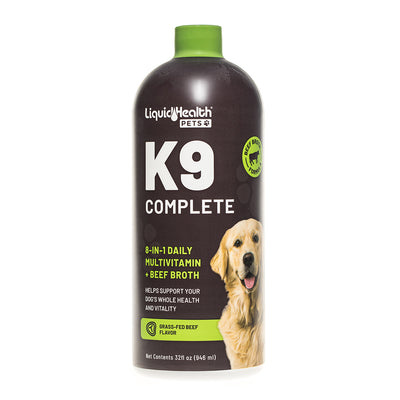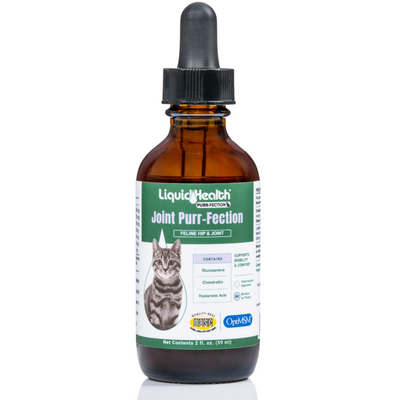- Senior Dogs. A senior dog is older than seven years for large breeds and older than ten years for small breeds. With age, most dogs receive less of the nutritional support they need from their food. You can consider adding a daily multivitamin supplement to their diet to provide your pup with extra nutritional support.
- Homemade and Raw Diet.Many pet owners go above the norm of their pets dried food. Homemade and raw diets are in for many pet owners. However, it can be difficult to make sure your dog is getting all the vitamins they need for the best health. Additionally, if your dog avoids vegetable and fruits he or she may have inadequate vitamins and minerals. As a result, most dog owners may turn to multivitamins to satisfy the nutritional needs of their pets.
- Disease or Deficiency. If your pup is sick, he or she may avoid some foods or forego the entire meal. As such, a vet may diagnose your dog with a vitamin or mineral deficiency and may recommend a specific supplement to help in compensating for the shortfall.
- Aging. As your dog ages, his or her muscle joints experience wear and tear. It is common for dogs to stop producing enough of the compounds that support muscle and cartilage growth. As a result, most dogs would benefit from a multivitamin to supplement those missing so their bodies can continue to function properly.

Should I give my dog a daily Multivitamin?
Most people take multivitamins, and they are likely to give them to their pets too. Multivitamins help in boosting essential vitamins and minerals in the body. Since you are probably concerned about your dog’s health, you might wonder, “should I give my dog a daily multivitamin?” People give multivitamins to their dogs to counteract or slow certain health issues that come as dogs age. Others only wish to supplement their dog’s diet. So how do you determine whether you should give your dog a daily multivitamin? Consider the following reasons.




